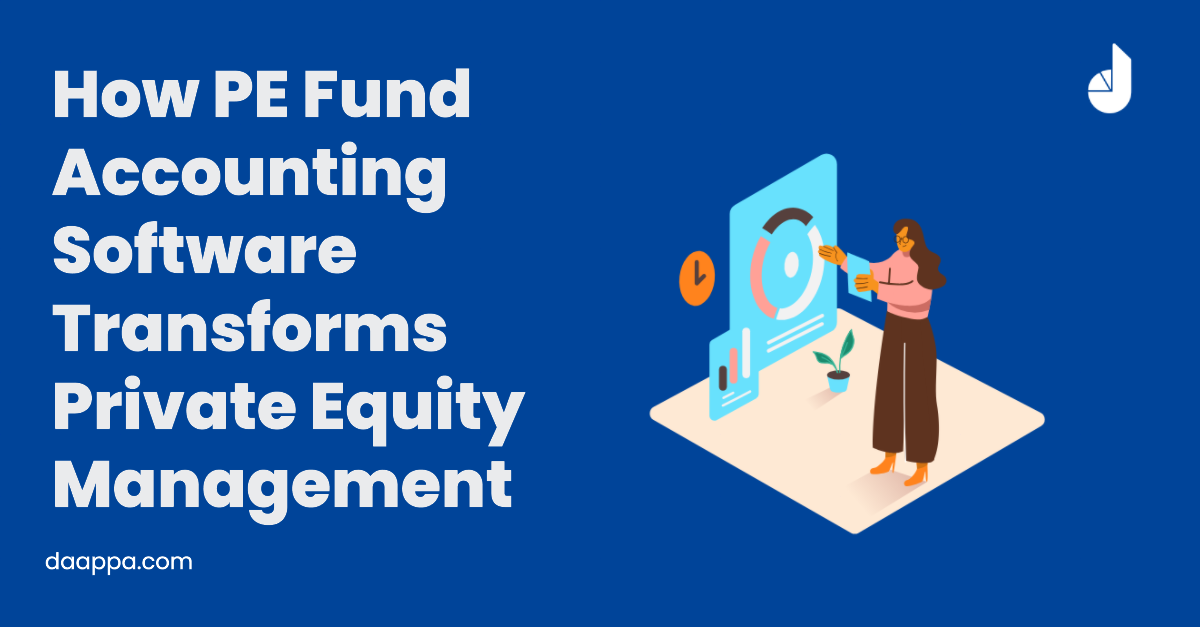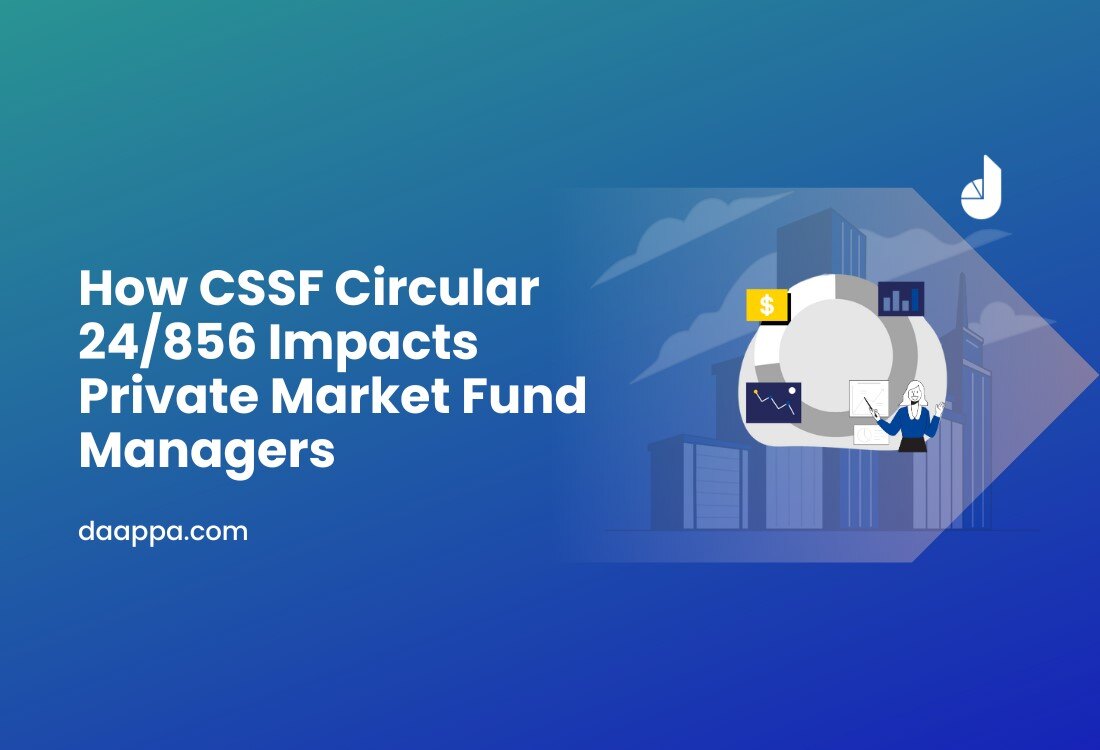How PE Fund Accounting Software Transforms Private Equity Management
In today’s competitive private equity (PE) landscape, precision and performance are inseparable. Fund managers are under mounting pressure to deliver transparency, maintain...

The retailisation of private markets is reshaping the investment landscape, creating new opportunities for investors, asset managers and fund administrators. In this article, we will explore the driving forces behind this trend and present practical strategies to navigate the challenges and capitalise on the benefits of retailisation.
Driven by a pursuit for higher returns In an environment that until recently has been categorised as "low yield", private assets have garnered significant interest from retail investors, pension schemes, and governments. This shift towards private markets is driven by the potential for enhanced yields at a time of entrenchment for new public market listings and a desire for portfolio diversification in stable long-term assets such as infrastructure that many governments around the world have prioritised as post-COVID engines of growth. Additionally, as government agencies have promoted Initiatives such as the UK's Long-Term Asset Funds (LTAF) and European Long-Term Investment Funds (ELTIF), regulators are increasingly demanding transparency and alignment in the governance standards of private assets with their publicly listed counterparts. The introduction of initiatives like LTAF and ELTIF is fuelling the current wave of retailisation. These funds serve as vehicles for long-term investments, catering to the evolving preferences of investors seeking stable returns over extended periods. The LTAF and ELTIF provide a regulated environment and standardised structures for retail investors to participate in private markets.
However, the retailisation of private markets is not without its challenges. The shift demands a new way of managing and administering funds that cater for an increased number of investors and their expectations of more protection and liquidity than the previous generations of Investors.
To thrive in the evolving landscape, firms must strive for operational efficiency and agility while confronting fee pressures. Operating hybrid funds under frameworks such as AIFM, UCITS, and RAIF requires meticulous management to ensure compliance, transparency, and regulatory reporting. Firms need to implement scalable and robust systems to streamline operations, automate processes, and meet regulatory requirements. By leveraging technology solutions, firms can enhance operational efficiency, reduce costs, and ensure accurate and timely reporting.
Investor reporting plays a pivotal role in building trust and transparency. Retail investors, especially, require clear and comprehensive information to make informed investment decisions. Firms should embrace technology solutions that enable them to deliver concise, user-friendly reports that provide investors with a thorough and real-time understanding of their investments and performance. Advanced data analytics tools can also help organisations uncover valuable insights, enabling them to communicate the performance and risks of private assets effectively.
Effective data management and analytics capabilities are essential for supporting the retailisation of private markets. Firms must adeptly handle increasing data volumes and extract meaningful insights to make informed investment decisions. By leveraging data management platforms and advanced analytics tools, managers can gain a competitive edge. These solutions enable them to aggregate, normalise, validate and analyse data from various sources, facilitating better risk assessment, portfolio optimisation, and performance measurement.
At daappa, we recognise the challenges faced by the Industry in navigating the retailisation of private markets. Our innovative solutions for asset managers and fund administrators are designed to address these challenges and empower firms to improve operational efficiency, meet regulatory and compliance demand, and take advantage of advanced data management capabilities. daappa Core handles the complexities of fund accounting and administration, from capital calls and distributions to complex waterfalls and hurdle rates. daappa Studio+, on the other hand, is a dynamic tool for data aggregation, validation, analysis, and reporting, offering transparency and insights in real-time.
The retailisation of private markets presents abundant opportunities for all market participants. By embracing technological advancements and implementing practical strategies, firms can successfully overcome challenges and unlock the full potential of retailisation. With daappa Core and Studio+, asset managers can streamline operations, enhance transparency, and harness the power of data to drive success in the retailisation era. To find out more about daappa contact Nicholas Wright (UK & Ireland) or Renato Moreschi (EMEA)

In today’s competitive private equity (PE) landscape, precision and performance are inseparable. Fund managers are under mounting pressure to deliver transparency, maintain...
.png)
Amid rising operating costs and a shortage of experienced talent in Europe’s financial services sector, daappa Ltd and OneNexus Outsourcing Services LLP announce a strategic...

With the introduction of CSSF Circular 24/856 on 1 January 2025, private market fund managers operating in Luxembourg face stricter oversight on NAV calculation errors, investment...